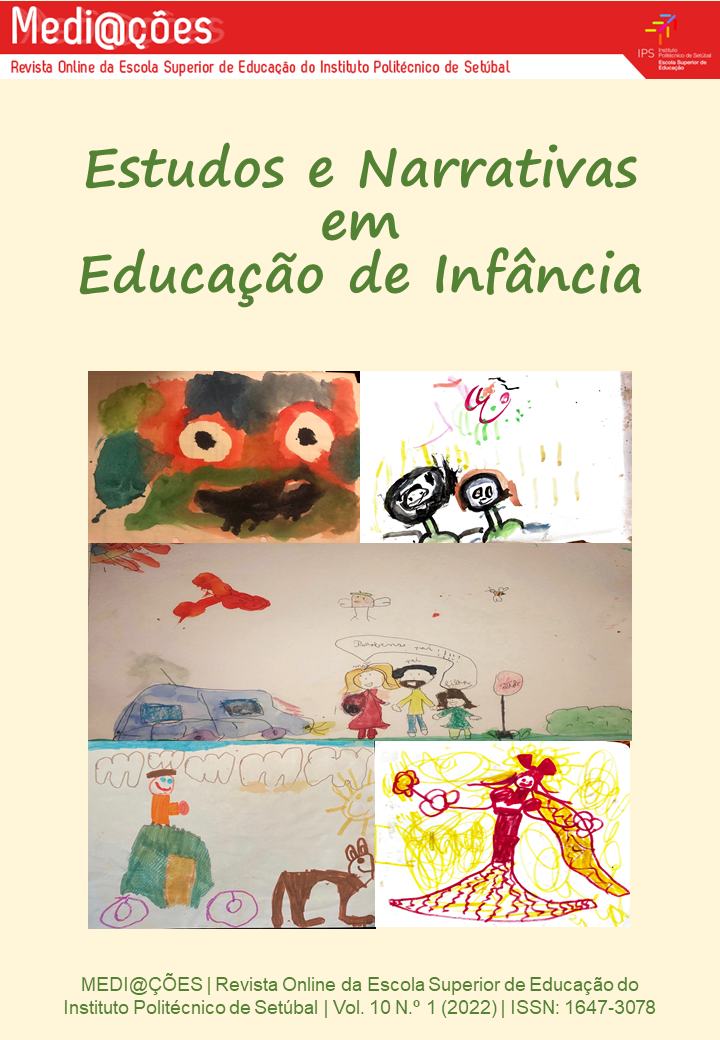Indicadores de Inclusão e Equidade em Agrupamentos de Escola A apreciação de Diretores e Líderes Intermédios
Main Article Content
Abstract
Recently, Portugal created a group of public policies to promote educative success, Inclusive Education, and Curricular Autonomy and Inclusion. These policies have consequences in diverse ways, specifically in the Inclusion and Equity indicators, in which levels fluctuate between Group Schools. The goal of this research was to identify the Inclusion and Equity level of two Group Schools from the Setúbal district. Opinions of Group School directors, intermediate leaders, and indicators found in the guidance documents from the two “group schools’ case” were taken into account. Two study cases were done, using the “Revision Board” from “A Guide for ensuring inclusion and equity in education” (Unesco, 2019), adapted from a country-like analysis to a group school-like analysis. Other tools used were a questionnaire and document analysis. In Group School A, the participants attributed the most advanced level to a higher number of Inclusion and Equity indicators, being the majority were reflected group school documents. Group School B demonstrated fewer indicators present on the group school documents, and the imputed levels by the participants were distributed between intermediate and advanced levels.
Article Details

This work is licensed under a Creative Commons Attribution 4.0 International License.
Medi@ções online journal requests agreement with the Copyright Declaration.
All the contents are licensed in accordance with Creative Commons Attribution 4.0
